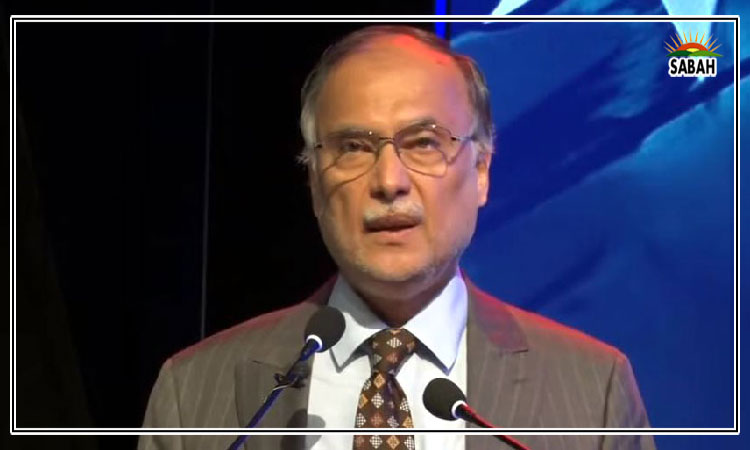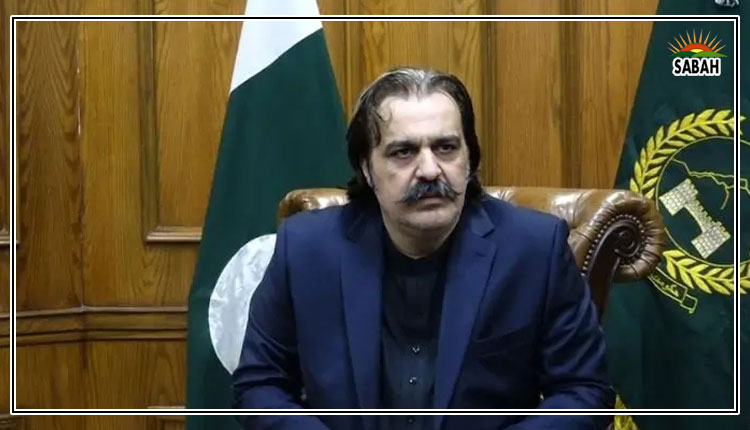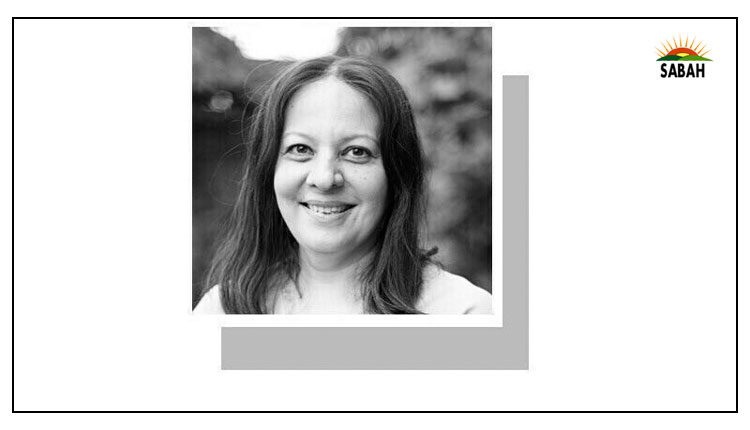No child’s play ۔۔۔۔ Muna Khan
I HAVE a distinct memory of sitting at my dear friend Duc’s cafe-cum-gallery in Hanoi watching CNN discuss Barack Obama’s foreign policy right after he became president in 2009. All the pundits were asking whether ‘Afghanistan would become his Vietnam’.
Those of us at the cafe, including young Vietnamese, did a double-take. The 20-year American war (as it is called in Vietnam) ended in 1975, and in the 30 or so years since, the country had transformed from being one of the poorest in the world to “an economic miracle” as described by the World Economic Forum. The reference to the war had different meanings to my friends: for older friends, it was a reminder about the terrible suffering their families faced, while the younger generation — born after the government introduced ‘doi moi’, economic and political reforms in 1986 — did not have a connection to that war, outside school lessons, state narratives, war museum visits etc.
The American media, however, seemed obsessed with making those comparisons. Afghanistan would become America’s longest war shortly after Obama took charge, beating the one in Vietnam, in which 58,000 Americans died. I understood the comparisons back then: support for the war in Vietnam was so low that historians believe president Johnson chose not to run a second time. Would Obama meet a similar fate if he didn’t ‘fix’ Afghanistan, CNN types asked.
Duc, ever so wise, joined us in the eye rolls but added “the media doesn’t understand young people”.
The media doesn’t seem to get what the kids are saying.
The media’s infantilisation of young people, aided ably by the fear-mongering right wing, has continued. Young people, we’re told, don’t know better (Greta Thunberg), are a threat to society (think of Aurat March here) or entitled snowflakes.
These descriptions weighed on me recently as I prepared for a guest lecture to journalism students at the University of Texas at Austin (UT Austin). I was excited to speak to students at this state university against the backdrop of pro-Palestine protests following the Oct 7 attack. Did I understand right that young people were not buying old narratives about America’s alliance with Israel? Were we watching students dismantle the old order?
It was ambitious to expect answers in a 50-minute session, in which I did most of the talking. But the two students who asked questions made me realise something was different this time. The questions were not rooted in nationalism or security or fear of a group/ religion. I felt hopeful that day in class and then at a cafe on campus discussing the stupidity of the University of Southern California revoking valedictorian Asna Tabassum from speaking at graduation in fear she may say something pro-Palestinian. (As I write this, the USC has cancelled its graduation ceremony.)
A few days later, Texas law enforcers would descend upon the campus, arresting dozens of students, and faculty too, for protesting Israel’s war in Gaza. Campuses across America have become battlegrounds for issues like free speech and are a reminder of the deep anti-Muslim sentiment in the country.
As witnessed since the 1960s — be it student demonstrations against the Vietnam war, gun violence, civil rights, George Floyd’s murder — demonstrations also grow in response to police brutality. It’s especially infuriating when universities, meant to protect students and free speech, call in the police to quell it.
And the media just doesn’t seem to get what the kids are saying this time: they side more with Palestine than they do Israel.
A poll by The Economist and YouGov in December found that one in five young Americans think the Holocaust is a myth. Around a quarter of the respondents said Jews have too much power in the US. Things are different now, starting with demographics. Students are more racially diverse, rely on social media for their news because the mainstream media has failed them. They don’t view the world through a lens of ‘with us or against us’, and they can see Israel is punching down. A white female student at the cafe at UT Austin told me she believed Israel is the coloniser today.
Protests keep erupting because powerful forces are rarely held accountable for their actions. You can feel that frustration among students who are fed up with their country’s policies, rooted in racial injustice and anti-poor. They’re angry at the direction the US is going. They fear their future is at stake. Is this adequately reported or are they being framed as part of some plot against the US? (In Pakistan, the media often frames youth-led protests as anti-state.)
I don’t have answers but I know more police isn’t an option. How does attacking the group demanding justice help? Students’ actions are also being blamed for the likely return of Trump as president. This is a twisted read of the situation. No one should buy it.
The writer is an instructor of journalism.
X: @LedeingLady
Courtesy Dawn, April 28th, 2024












